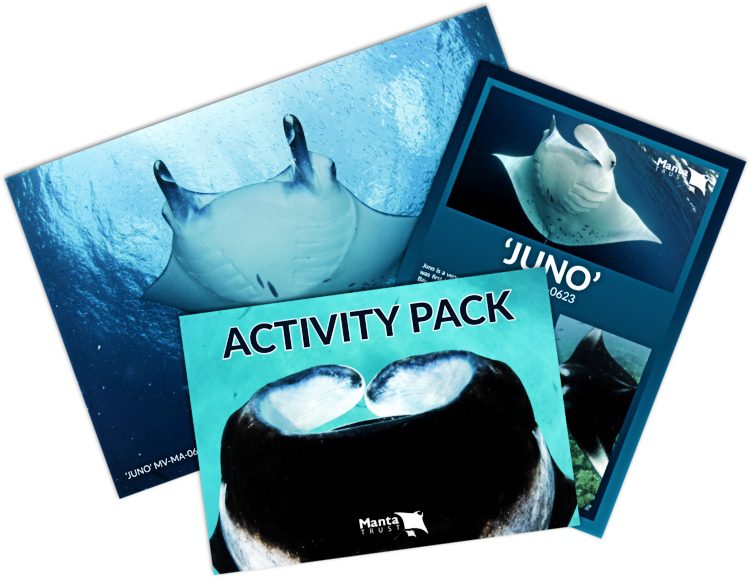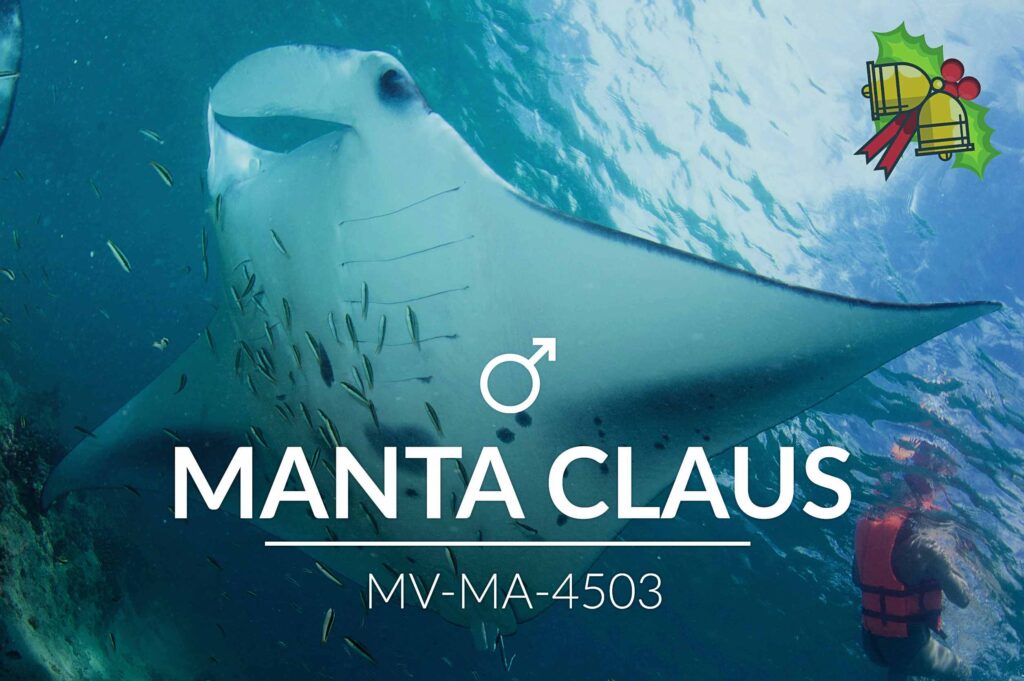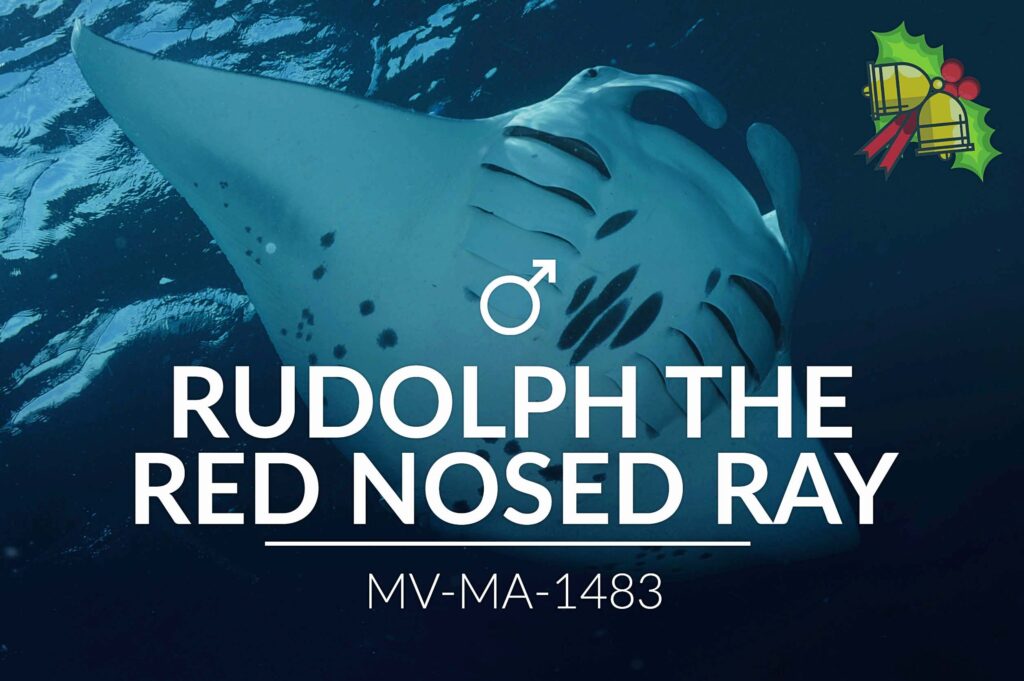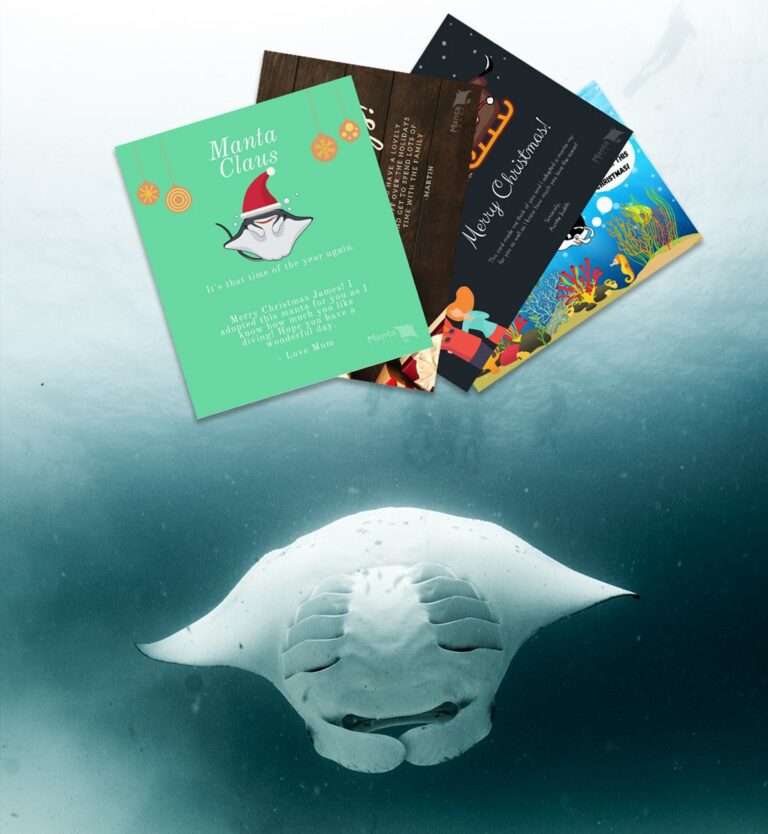The Manta Trust claims to have 2022’s best eco-Christmas gift for the relative or friend who for whatever reason is usually “a nightmare to buy for”.
Its Manta Ray Adoption Gift Packs are suitable for all ages, says the UK-registered charity, and include a personalised certificate, e-poster, biography of the adopted manta, factfile and activity booklet. The price of £25 goes towards the trust’s global manta research and conservation work, enabling the gift-giver to “feel extra good about your purchase”.
Christmas is a time of excess when, because many people value convenience, plastics feature heavily in the average festive household, says the Manta Trust. It points out that every year 8 million tonnes of plastics join the estimated 150 million tonnes already circulating in the world’s oceans, killing millions of animals including manta rays, sea turtles and dolphins through entanglement or ingestion.

“Research has shown that waste can double over Christmas, so the Manta Trust want to help you reduce your impact this festive season,” says the charity’s media & communications manager Jasmine Corbett. “Our Manta Adoption Packs are digital and are sent via email, so they can be printed at home to create plastic-free stocking fillers. Plus, our great mix of flappy friends means there’s a manta ray to suit everyone!“
Limited-edition adoption packs for the rays Manta Claus and Rudolph the Red Nosed Ray are available up to 22 December. Other individuals that can be adopted year-round include Babaganoush, who made a miraculous recovery from near-fatal injuries after being struck by a speedboat in 2018, and Mr Spotty, the most profusely patterned of the 5,000-plus individual mantas so far identified in the Maldives.


While mantas and devil rays provide a “truly magical, interactive experience for divers and snorkellers” they are extremely vulnerable to overfishing and count among the most threatened fish in our seas, says the Manta Trust. Some fisheries target them for their gills, used in “traditional” Asian medicines, while others are caught as bycatch. Habitat destruction, pollution, irresponsible tourism and climate change also threaten the rays’ survival.

The Manta Trust co-ordinates global manta and devil ray research and conservation efforts around the world and has as its goal “a sustainable future for the oceans in which the rays can thrive in diverse, healthy marine ecosystems”, To find out more about its work and to adopt a manta, scan the QR code or visit its website.
Also on Divernet: Where To Find 22,300 Giant Mantas, How To Dive With The World’s Biggest Mantas, Divers Should Beware Cowboy Manta Guides, The Woman Who Thinks Like A Manta

